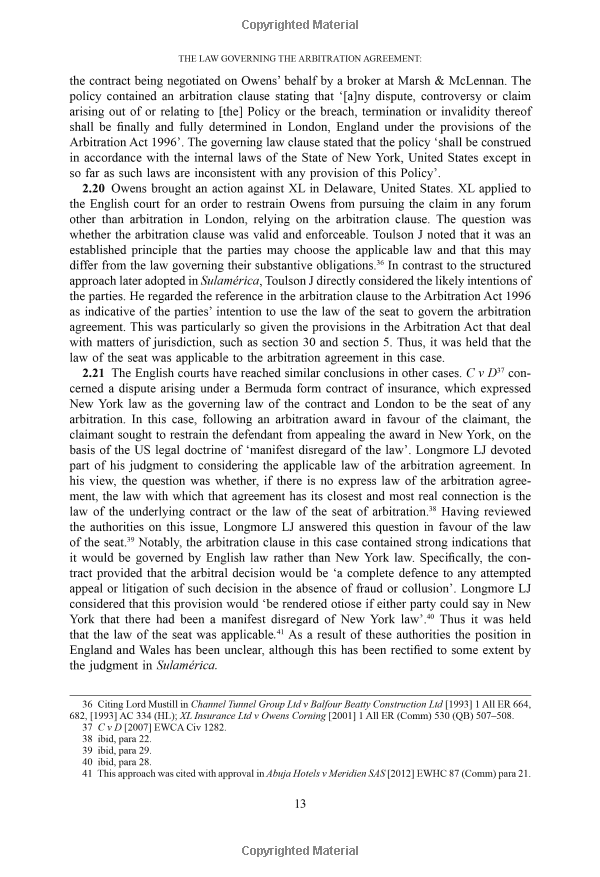### Understanding FHA Loan Stipulations: Key Requirements and Benefits for Homebuyers
#### FHA Loan StipulationsFHA loan stipulations are essential guidelines set by the Federal Housing Administration (FHA) that govern the eligibility and req……
#### FHA Loan Stipulations
FHA loan stipulations are essential guidelines set by the Federal Housing Administration (FHA) that govern the eligibility and requirements for obtaining an FHA loan. These stipulations are designed to make homeownership more accessible, particularly for first-time homebuyers and those with less-than-perfect credit scores. Understanding these stipulations is crucial for potential borrowers who want to take advantage of the benefits that come with FHA loans.
One of the primary stipulations of FHA loans is the requirement for a minimum down payment. Borrowers are typically required to put down at least 3.5% of the home's purchase price, which is considerably lower than the standard down payment for conventional loans. This lower barrier to entry makes FHA loans particularly appealing to first-time buyers who may not have substantial savings.
#### Credit Score Requirements

Another important aspect of FHA loan stipulations is the credit score requirement. While conventional loans often require a credit score of 620 or higher, FHA loans allow borrowers with credit scores as low as 580 to qualify for the 3.5% down payment option. For those with credit scores between 500 and 579, a larger down payment of 10% is required. This flexibility in credit score requirements makes FHA loans a viable option for individuals who may have faced financial difficulties in the past.
#### Debt-to-Income Ratio
FHA loan stipulations also include guidelines regarding the debt-to-income (DTI) ratio. This ratio is a measure of an individual's monthly debt payments compared to their gross monthly income. Generally, FHA guidelines suggest that borrowers should aim for a DTI ratio of no more than 43%. However, in certain circumstances, borrowers may be able to exceed this limit if they have compensating factors, such as a higher credit score or significant cash reserves.
#### Property Requirements

In addition to borrower qualifications, FHA loan stipulations also include specific requirements for the property being purchased. The home must be the borrower's primary residence and meet certain safety and livability standards as determined by an FHA appraisal. This ensures that the property is in good condition and free from any major defects that could pose a risk to the borrower.
#### Mortgage Insurance Premiums
FHA loans require borrowers to pay mortgage insurance premiums (MIP), which protect the lender in case of default. There are two types of MIP: an upfront premium that can be financed into the loan, and an annual premium that is paid monthly. While this adds to the overall cost of the loan, it allows borrowers to access lower interest rates and more favorable loan terms.
#### Conclusion

In summary, understanding FHA loan stipulations is vital for anyone considering this type of financing. The combination of lower down payment requirements, flexible credit score criteria, and manageable debt-to-income ratios makes FHA loans an attractive option for many homebuyers. Additionally, the property requirements and mortgage insurance premiums ensure that both the borrower and the lender are protected throughout the loan process. By familiarizing themselves with these stipulations, potential borrowers can make informed decisions and take significant steps toward homeownership.